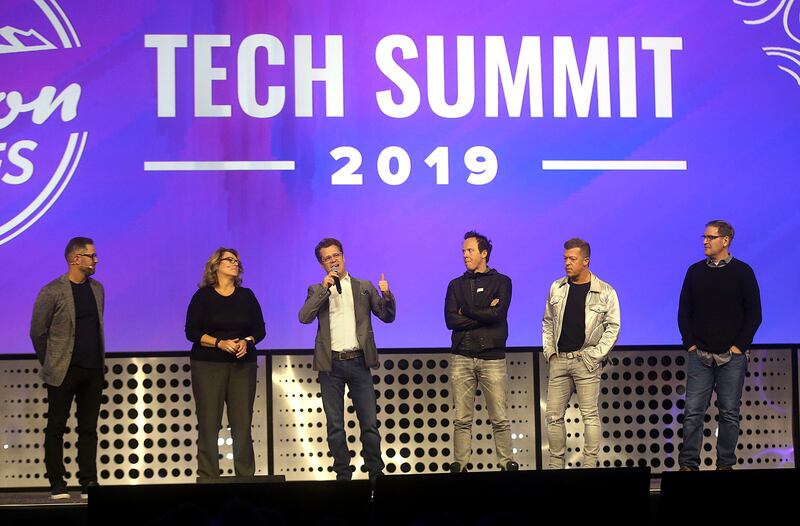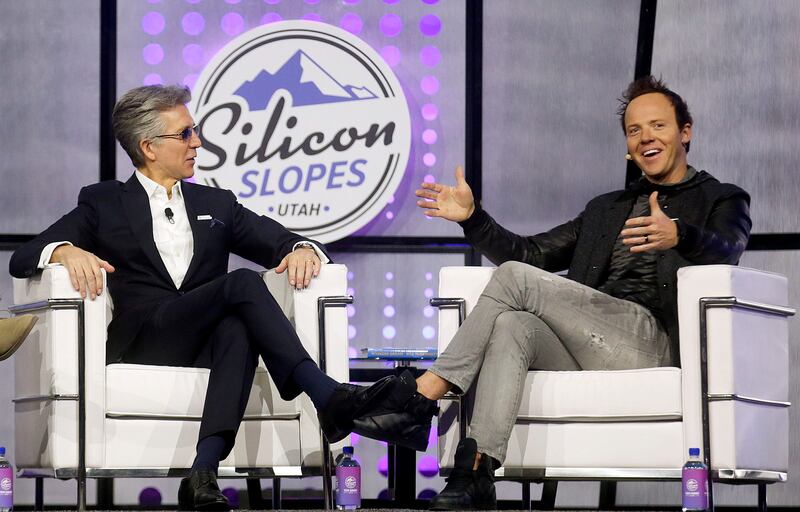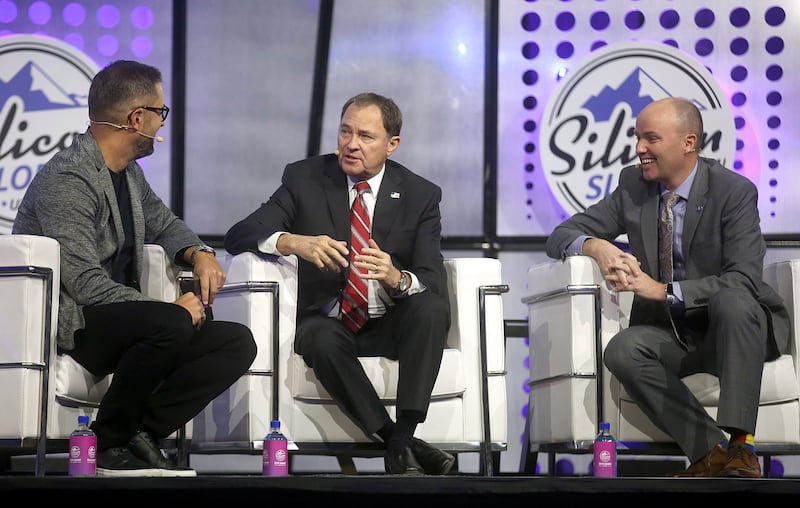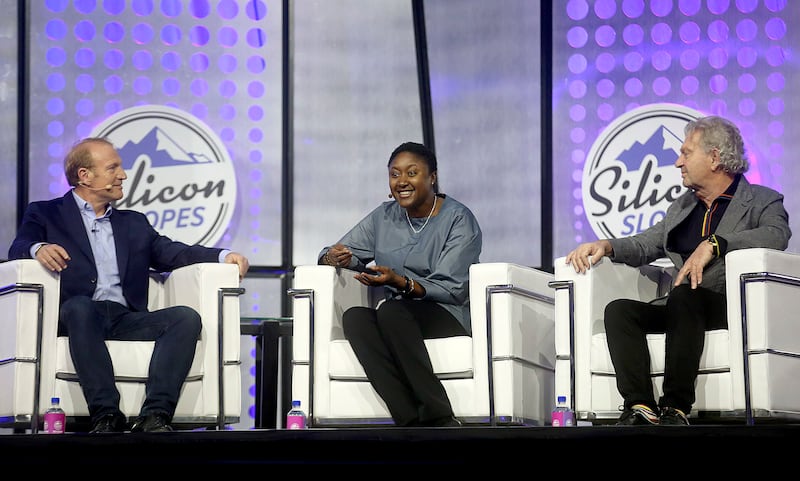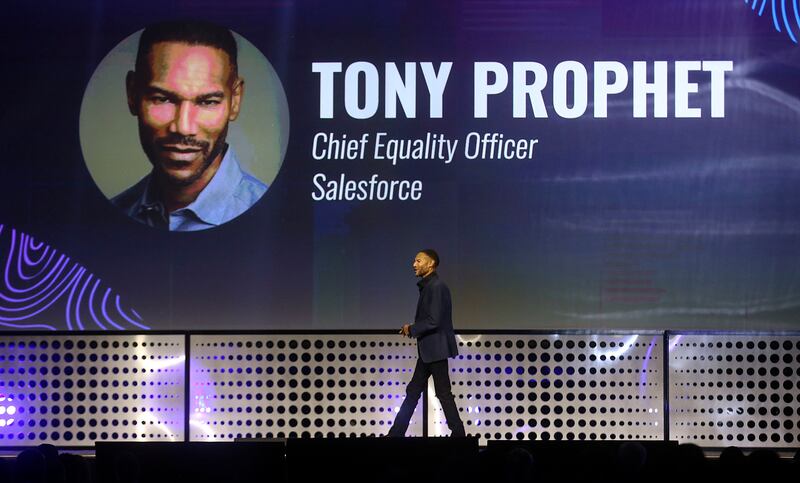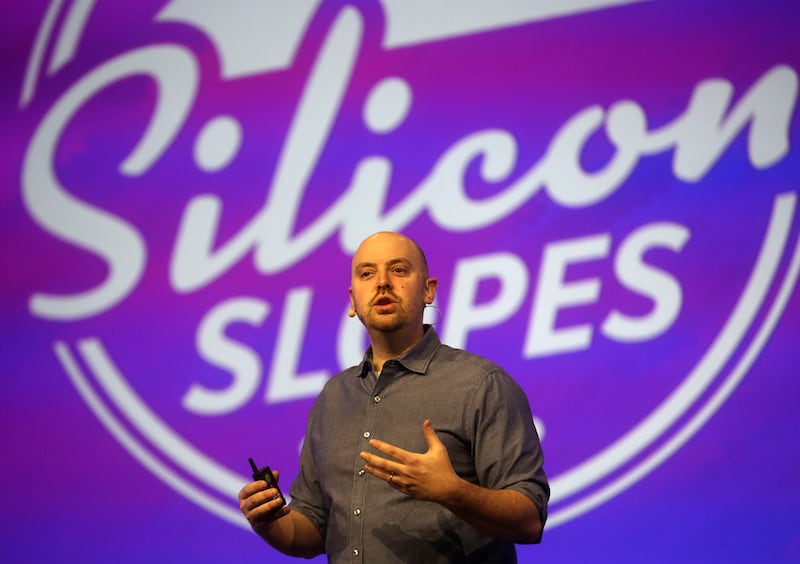SALT LAKE CITY — Just hours into a packed first day at the Silicon Slopes Tech Summit Thursday, a group of Utah tech leaders took the stage and threw down the gauntlet on Utah lawmakers with a $5 million challenge to make a move on computer science education this session — or leave the money on the table.
Five co-founders of Utah's nonprofit tech advocacy group Silicon Slopes committed to each making a $1 million personal donation to help put computer science courses in every school in Utah.
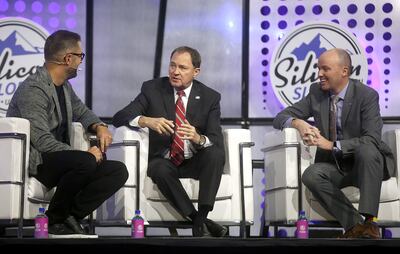
Additionally, the group will rally Utah tech company colleagues to match, dollar for dollar, any computer science funding that comes from legislators this session in excess of $5 million.
Lt. Gov. Spencer Cox, who appeared alongside Gov. Gary Herbert for a conversation with Pluralsight co-founder and CEO Aaron Skonnard, lauded the chance for a public-private education effort and noted Utah's underperformance in public school computer science offerings.
"The private sector working with the government sector to make this happen … it doesn’t happen everywhere and it’s a really big deal," Cox said. "Only 54 percent of (Utah high schools) even have a computer science offering. And only around 30 percent have an Advanced Placement offering for computer science."
Skonnard is joined in the funding pledge by four other founders/leaders of well-established Utah tech companies: InsideSales CEO Dave Elkington, DOMO CEO Josh James, Vivint SmartHome CEO Todd Pedersen and Qualtrics CEO Ryan Smith.
Skonnard, whose tech education company had one of three Utah tech mega-deals last year, has been an outspoken advocate for bolstering computer science education and featured the issue in a presentation at last year's tech summit.
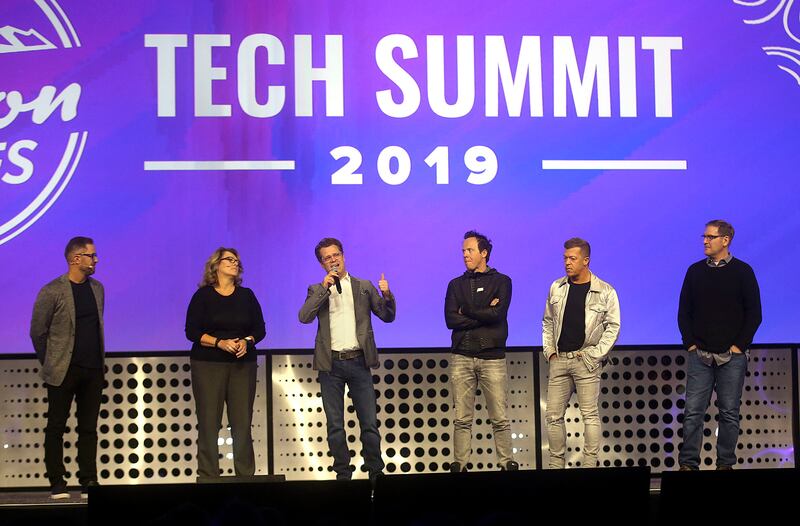
This year, he upped the ante.
"We’ve rallied as Silicon Slopes founders to personally commit $1 million of our own personal resources to match what the government does," Skonnard said. "And we’re going to go rally the rest of the tech CEOs in the state to cover whatever is left."
Skonnard also noted the money comes with a catch. The Utah Legislature has to pass a computer science funding bill this session to score the private cash infusion.
"If they don’t pass it, it’s not happening," Skonnard said. "If they don’t pass it, we’re not doing it."
Smith noted that should the Legislature successfully pass funding to boost computer science curriculum and earn the private matching, it would be the first program of its kind in the country.
"No state has been able to do this," Smith said. "Everyone wants to do it, and it makes sense. And, we're going to be the first."
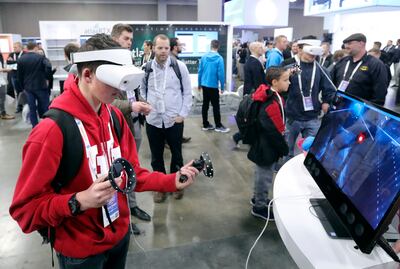
A bill sponsored by Rep. John Knotwell, R-Herriman, is aiming to make sure the money pledged by state tech leaders is put to its best use. Knotwell's HB227, Computer Science Grant Act, is proposing $10 million to seed a new program that would create an opportunity for Utah schools that lack a computer science course to make that addition.
Knotwell said the program created by his bill would be optional, but would provide funding to interested schools for hiring and training instructors and creating computer science curriculum. He noted the proposal was the result of work he did with elected officials and state education leaders and would be available across the K-12 spectrum.
"This is a proposal that was formed after months of work with a wide group of stakeholders," Knotwell said. "It's been constructed to help schools create opportunities for students … that are critical to preparing them for the technologically enabled work world they're all headed for."
Knotwell noted the $10 million fiscal note was a starting point and recognized the final funding "may likely be somewhat short of that number." He also lauded the pledge made by Skonnard and his tech colleagues to boost the effort with private capital.
"I can't tell you how much I appreciate the tech business community stepping up and saying, 'We've benefitted from all Utah has to offer and it's time to give back,'" Knotwell said. "Whatever we can facilitate between my bill and these private contributions is a win for our kids."
The data reflecting the dearth of computer science opportunities in Utah schools is sobering. State-collected data shows that:
• Only 54 percent of all public high schools teach computer science.
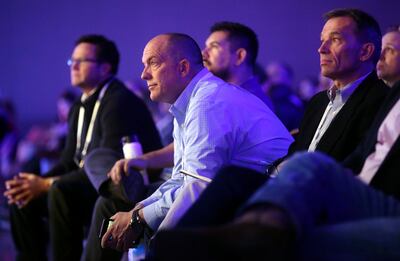
• Only 376 exams were taken in AP computer science by Utah high school students in 2018.
• Only 23 percent of those test takers were female.
• Only 62 exams were taken by Hispanic or Latino students.
• Only six exams were taken by black students.
• Only one exam was taken by American Indian or Alaska Native students.
• Only one exam was taken by Native Hawaiian or Pacific Islander students.
• Only 32 schools in Utah (16 percent of Utah schools with AP programs) offered an AP computer science course in 2017-18.
• There are fewer AP exams taken in computer science than in any other STEM (science, technology, engineering, math) subject area.
Additionally, the numbers reflect that on the job side of the equation, wages for computing occupations in Utah average $84,395 annually, versus the average general salary in the state, which comes in at $46,460 per year.
Skonnard said he sees the private dollars as money that will "wrap around" the state computer science funding in a way to boost, and accelerate, the effort without the encumbrances that often come with government education funding.
"The way we think of it is there’s a lot of bureaucracy in the way school money, education money is spent," Skonnard said. "Assume $10 million gets allocated there. There’s going to be a lot of strings attached to how that money is spent and how it goes to impact the change we want to see.
"This money that we’re providing is meant to wrap around the government funding in a more innovative way to catalyze the things that need to be catalyzed, to incentivize the things need to be incentivized and to fill in the gaps of what that state money is not able to do because of the guard rails around it."
While the tech education announcement featured largely in the opening day of the tech summit, organizer Clint Betts, executive director of Silicon Slopes, said the event appears to be crushing last year's attendance plateau of 15,000 with some 24,000 attendees registered for the 2019 version.
The summit continues Friday with a daylong schedule of speakers and tech-related breakout sessions. For further details visit siliconslopessummit.com.

